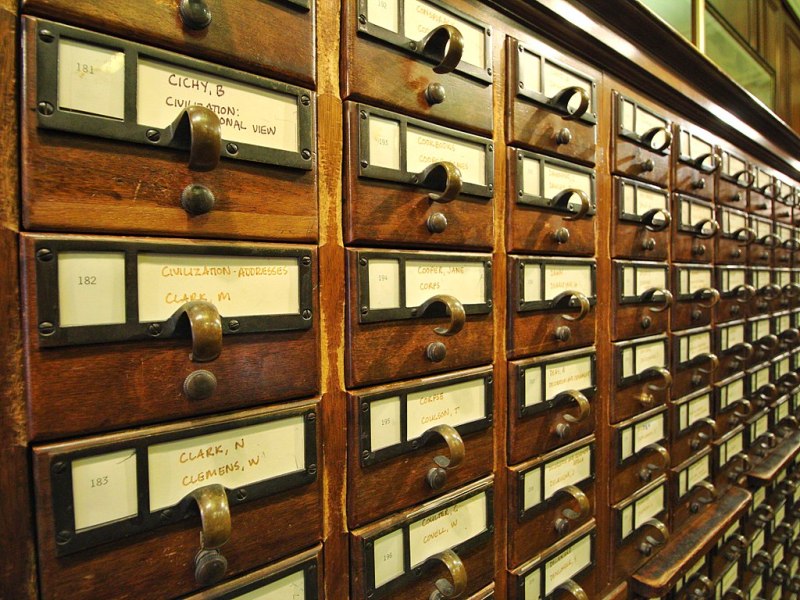
The anatomy of search: A place for my stuff
A galloping overview As we have done before, let’s get a bird’s-eye view of the parts of the search process: text comes in and gets processed and stored in a database (called an index); a user submits a query; documents that match the query are retrieved from the index, ranked based on how well they….

We do not support the EU Copyright Directive in its current form. Here’s why you shouldn’t either.
After a long legislative process, the final text of the EU Copyright Directive was cemented last week as trilogue negotiations between the EU Commision, Parliament, and Council came to a close. Now that the final text has been made available, with only a yes-no vote in Parliament standing in the way of its implementation, Wikimedia….

We’re changing our password policies—Here are six rules for selecting a good password
You may remember a time before password standards, when passwords like “password” were used. As countless news stories have shown us since, those passwords were not ideal—but the recommended solution of creating complex passwords for each website has created problems of its own.[1] Having one of your online accounts hacked can be a disruptive and….

Partnerships make it possible: Behind our role in Google Code-in 2018
Wikimedia’s Developer Advocacy Team exists to support the staff and volunteer software developers and technologists who ensure that the free knowledge on Wikipedia and its sister projects is always available and accessible to anyone with an internet connection. Developer Advocates work to grow the movement’s technical communities by coordinating participation in hackathons and technical outreach….
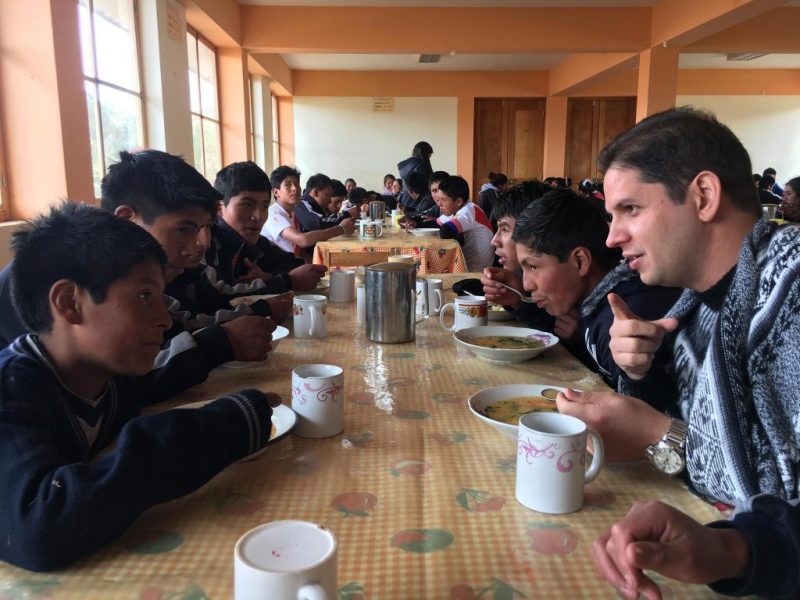
To bridge Peru’s digital divide, these researchers are taking Wikipedia offline
For many years, the Wikimedia Foundation’s vision statement has asked us to imagine how the world would be changed if every single person on Earth had access to the “sum of all knowledge”—but because Wikipedia is a web project, only those with internet access could reach that knowledge. That’s left billions behind. Anne Nelson, who….

Research directions towards the Wikimedia 2030 strategy
The Wikimedia Foundation’s Research team has published a set of white papers that outline our plans and priorities for the next 5 years. These white papers, which were developed collaboratively by all members of the team, reflect our thinking about the kind of research that will be necessary to further the 2030 Wikimedia strategic direction….
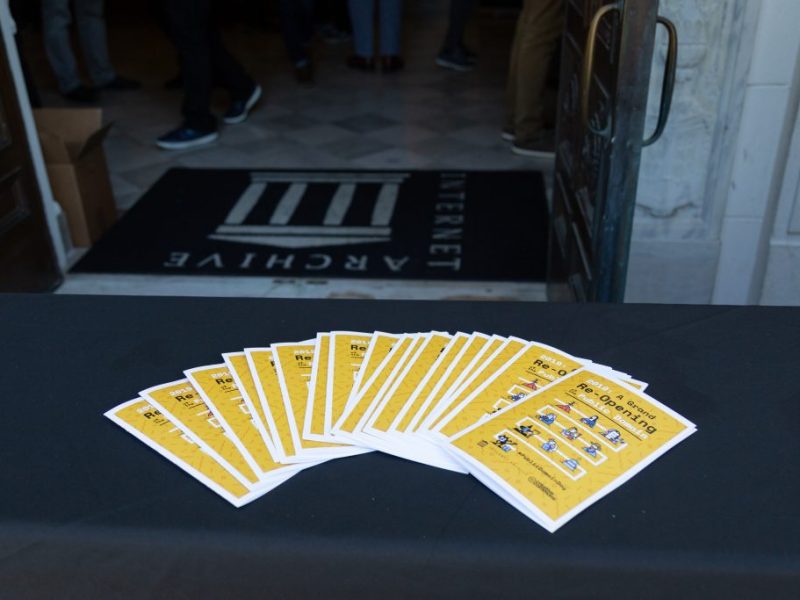
A bunch of media just entered the public domain. Here’s why that matters.
The black-and-white film flickers as a wealthy young woman, sitting on a bench in a garden, bats her eyes at the gardener’s son she is not allowed to marry. In her self-portrait, an artist wears masculine clothes against a bleak urban backdrop, dark eyes meeting the viewer’s gaze from the shadow of a broad-brimmed riding….

Problems remain with the EU’s copyright reform
It was almost exactly five years ago that a reform of EU copyright was included in the European Commission’s list of priorities. The setting of that priority was followed by several public consultations, countless public events, and many face-to-face meetings. In 2016, the Commission made a proposal for what this reform would look like. Since….
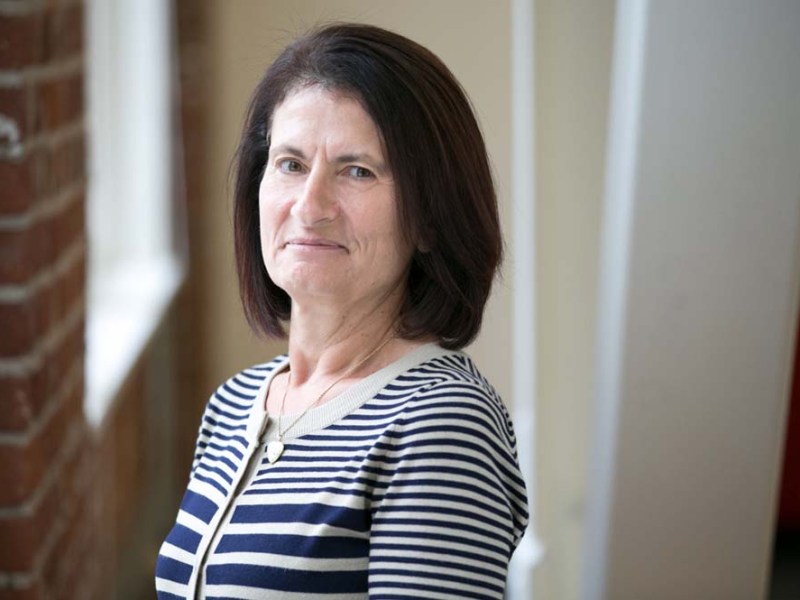
Victoria Coleman steps down as Wikimedia’s Chief Technology Officer
The Wikimedia Foundation, the non-profit that supports the free knowledge platform Wikipedia, today announces that Victoria Coleman has stepped down from her role as Chief Technology Officer. “Victoria joined us two years ago with the mandate to expand our system redundancies and refine our approach to technical program operations. I appreciate all her contributions and….
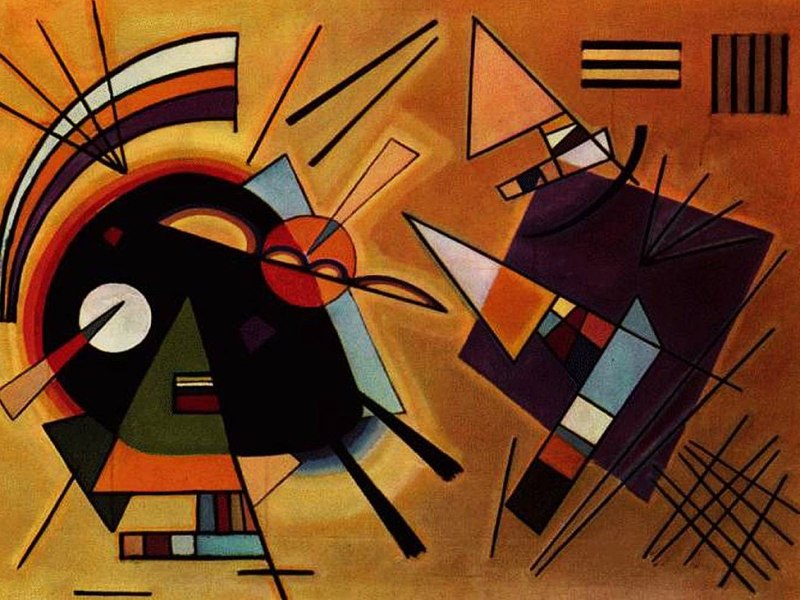
Our favorite weird and the wonderful images from the grand re-opening of the public domain
It’s been just over three weeks since the public domain started growing again in the United States, and works from 1923 became available for anyone to freely share, remix, and enjoy.[1] Since January, hundreds of files from 1923 have been uploaded onto Wikimedia Commons, including books, images, movies, and music. It would be impossible to showcase….